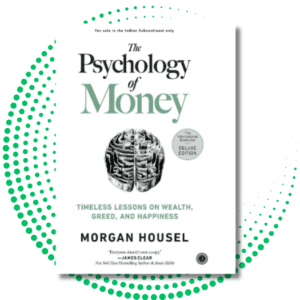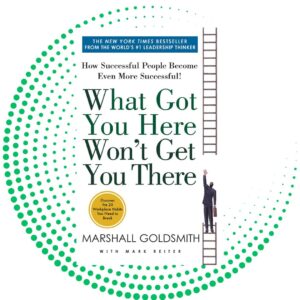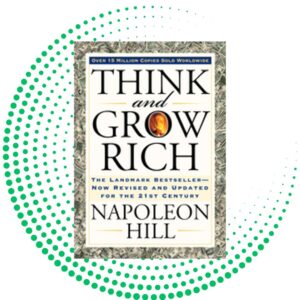
As I entered adulthood and started earning my own income, I found myself oscillating between two extremes: the urge to save every penny I earned, driven by the fear of scarcity, and the desire to indulge in occasional splurges, driven by the longing for instant gratification. It was a constant battle between my rational, long-term financial goals and my emotional impulses.
As I gained more expertise in managing my finances, I came to realize the paramount importance of self-awareness. The ability to identify and acknowledge my emotional triggers and biases has empowered me to pause and make more reasoned financial decisions. Equally crucial is the profound comprehension of my long-term financial objectives and values, which act as a beacon amidst the cacophony of societal influences and impulsive emotions. This book is an indispensable read for anyone aspiring to cultivate a positive financial relationship and tackle the intricate psychology of wealth management. By understanding our psychological relationship with money, we can make more informed and conscious financial choices that lead to greater financial well-being and peace of mind. This book is definitely a good read.
Here are some reflections from The Psychology of Money by Morgan Housel:
- Emotions Run the Show: Money has a way of stirring up intense feelings like fear, greed, happiness, and anxiety. These emotions can lead us to do things like splurge on credit, stash away cash under the mattress, or make impulsive investments. Learning to understand and handle these emotions is a big deal when it comes to making smart money moves.
- Childhood Money: Think about how you grew up around money – it leaves a mark. If your family pinched pennies, you might find yourself obsessively frugal even when you’re doing well financially. On the flip side, a cushy upbringing might lead to carefree spending habits.
- Risk is a Personal Thing: Everyone’s got their own tolerance for risk when it comes to money matters. Figuring out your comfort level with risk is key to shaping an investment strategy that suits you
- Mind Games with Money: Our brains can trick us in the financial game. Things like seeking info that confirms our beliefs (confirmation bias), avoiding losses at all costs (loss aversion), or being overly confident can lead us to make costly financial blunders. Being aware of these tricks can save your wallet.
- Waiting vs. Wanting Now: Patience is a virtue, especially in finance. Being able to delay instant gratification – like resisting that spontaneous shopping spree – in favor of saving or investing is a skill that pays off in the long run.
- Comparing Notes (and Wallets): The urge to keep up with the neighbors or your Insta-famous cousin can be a financial pitfall. It’s vital to set your own financial goals and not let societal pressure push you into spending beyond your means.
- Now vs. Later Dilemma: Balancing the excitement of immediate rewards with long-term financial security is a never-ending challenge. Finding the right mix between treating yourself today and securing your tomorrow can be tricky.
- Money Smarts Matter: Understanding the ABCs of money – like knowing what compound interest is and how to budget – gives you the upper hand in making wise financial choices. Not knowing the basics can set you up for financial fumbles and falling for scams.
- Cash ≠ Bliss: Money can buy some happiness, but not all of it. Research shows that once you reach a certain income level, extra money doesn’t necessarily translate to extra joy. So, while money’s important, it’s not the sole path to happiness.
- Therapy for Your Wallet: Believe it or not, there’s something called financial therapy. These experts help you dig into the emotional and psychological side of money, helping you untangle any issues that might be affecting your financial decisions.
"The highest form of wealth is the ability to wake up every morning and say, “I can do whatever I want today.” - The Psychology of Money




